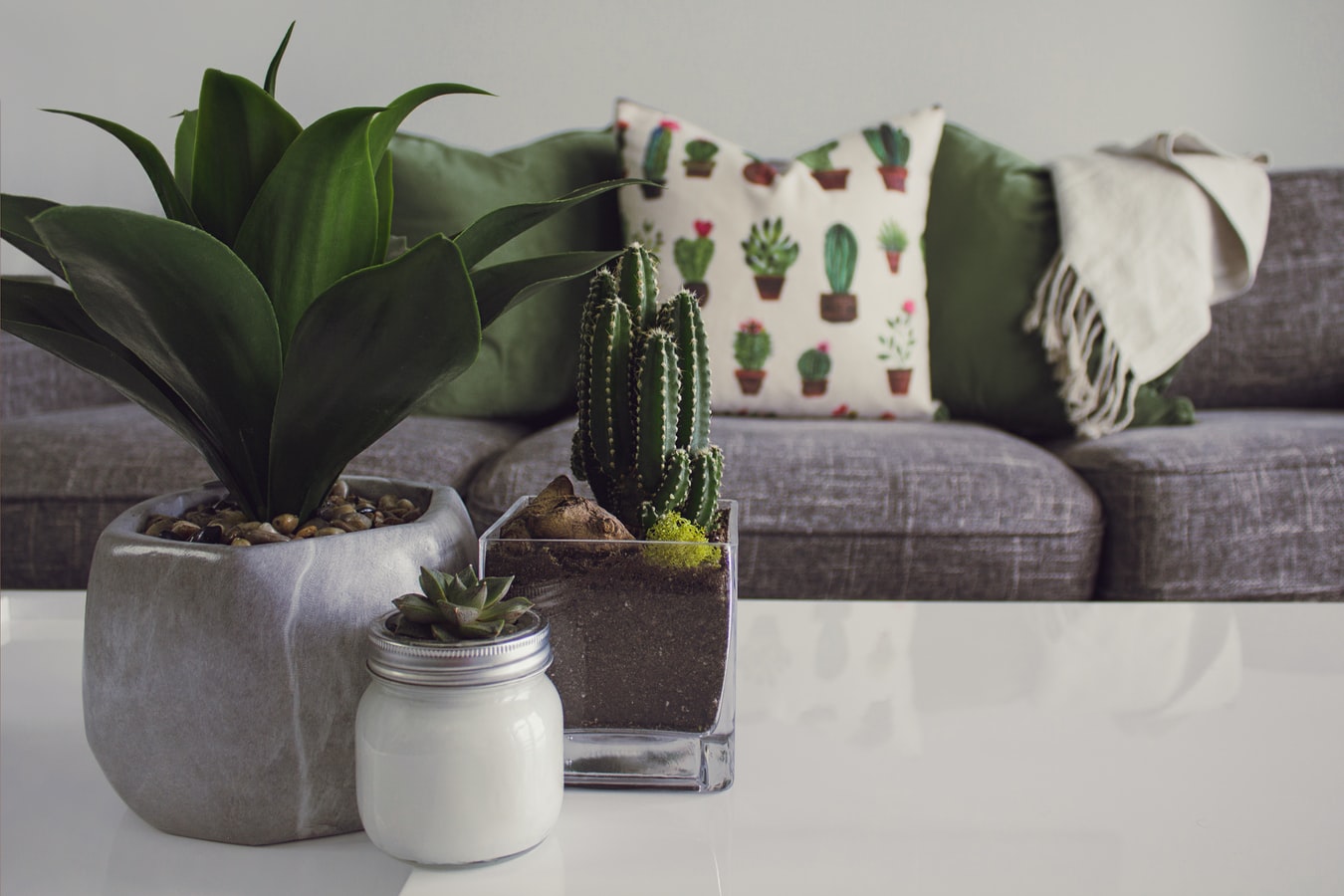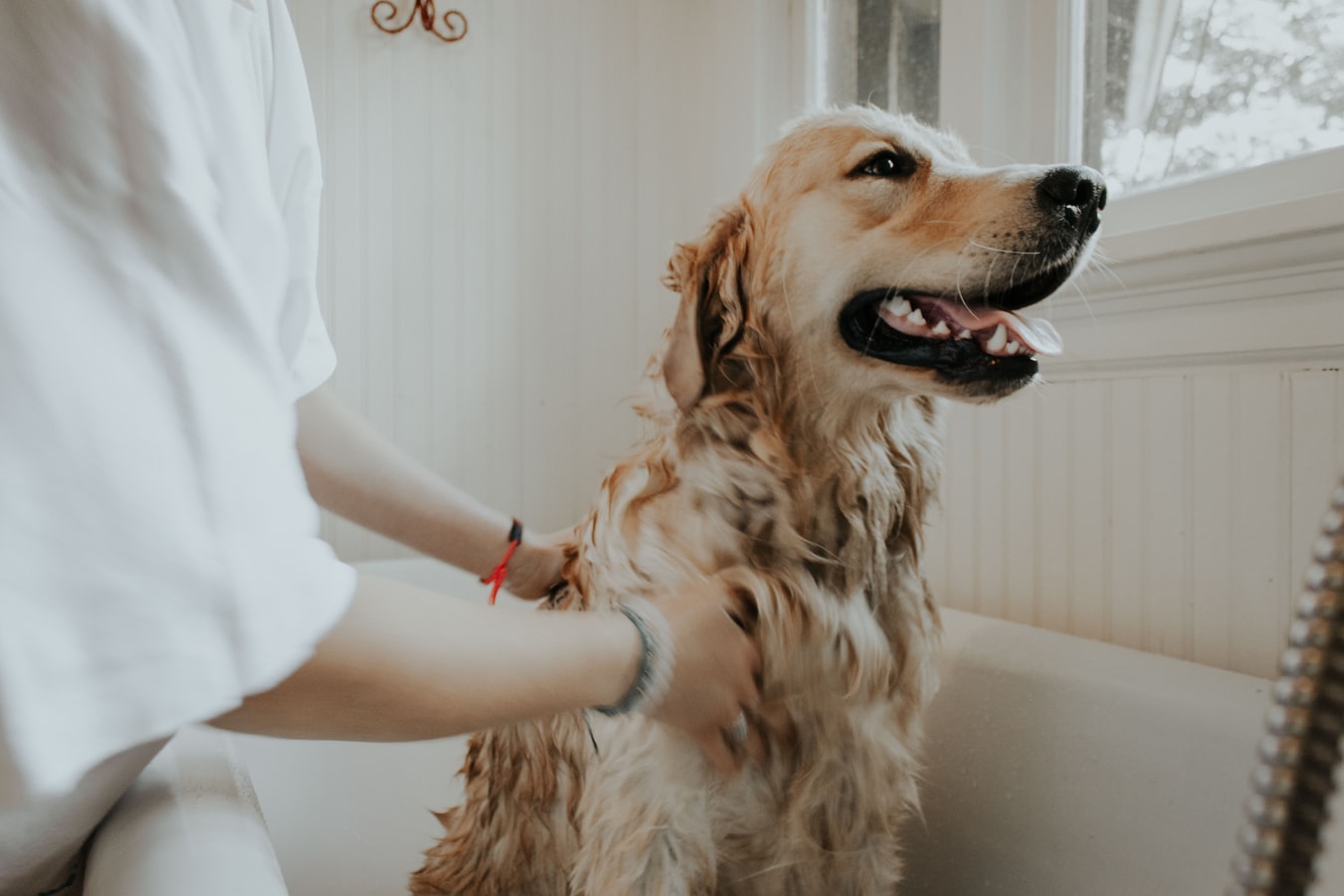What Are The Top Ways To Keep The Air In Your House Clean:
Find Out Here
The air in your house comes in through the windows, door, and ventilations. The air indoors can build up high air pollutants, gases, dust, gases, and moisture. You need to keep the air in your house clean. When You have clean air in your place, it is safe for you and your family. To maintain the atmosphere in your home to be pure, crisp, and clean, some fresh air from the outdoors is necessary. The fresh air that comes in from the outdoors dilutes the indoor pollutants. It would be best if you were regularly cleaning to allow a good quality and sufficient atmosphere. Air brought in needs to circulate to reach all the areas of the house.

How You Can Easily Purify The Air In Your House
The indoor air can at times be two to five-time more polluted than the outdoor air. People spend 90% of their time indoors, and it is healthy to spend time in a place with sufficient clean air. Poor air can significantly affect the health of the people living in that house. It is essential to avoid the things that pollute the air in your house and always ensure you have enough ventilation. Follow the below helpful tips to get you started on the journey of purifying the air in your home.
1. Get An Air Purifier
Air purifiers are essential for purifying the air in your house. The air purifiers work by sanitizing the air in your house, including pollutants, allergens, and toxins. RainMate air purifier upgrades the air in your home. Note that air purifiers are the exact opposite of humidifiers and oil diffusers that work by adding particles to the indoor air. The air purifies the air in the entire home.
2. Open Your Windows
Opening windows is one of the simplest and cheapest ways to improve the air in your home. When you open windows, it improves the air quality in your home. It is advisable to open windows the moment you wake up. The fresh air that comes in alleviates the accumulation of harmful air pollutants in the air. If possible, keep the windows in your home open throughout the day.
3. Get Décor Plants
Not only do houseplants uplift the décor in your house, but they also filter out common pollutant compounds from the indoor air. When you have indoor houseplants, they help improve the indoor air quality. For instance, spider plants effectively reduce benzene, formaldehyde, nitrogen dioxide, and carbon monoxide.
4. Don't Allow Indoor Smoking.
Some indoor air pollutants can hurt your health and your family, the most dangerous being secondhand smoke. The smoke is harmful, and thousands of children suffer from respiratory disease caused by secondhand smoking. The adults also get affected by the smoke causing cardiovascular or lung illnesses.

5. Take Your Shoes Off
You carry dirt with your shoes when you walk around outside. The soil you have is harmful; it contains pesticides, dust, pollen, fungi, and bacteria. It is always advisable to remove shoes before you enter the house. When you enter with shoes in the house, you contaminate the air with outside germs. Taking off the shoes keeps the air cleaner as well as the floors.
6. Groom Your Pets
The pet's skin cells, also known as the pet danger, are nearly found anywhere around the house if you have pets. The skin cells spread more than the pet fur. The pet danger causes you to develop asthma-like symptoms that exacerbate asthma if it already exists in your home. If you have pets, clean the pet danger regularly, brush them outdoors, and vacuum your house, including the floor and the furnishings.
7. Run The AC
Central air conditioning works by pulling air out of the house, cooling it, and pumping it back in. The central air conditioner is a filtration system for the whole home. Most of the air conditioners have a filtration that needs to be changed regularly. The filter traps particles while doing its job. The more frequent you change the filter, the better it works in getting clean air into your home.

It does not matter if you are outdoors or indoors; the quality of the air you breathe has a significant impact on your health. Poor air can cause lung disease, heart diseases, asthma, and stroke. You can clean the air in your house by following the simple rule above, and the most common one you can use is opening the windows. Always note that the air in your home can get more populated even more than the outside air.